- ON THE DECADE
- THE DECADE'S CAMPAIGN
- REPORTING ON PROGRESS
- THE DECADE'S PROGRAMMES
- FOCUS AREAS
-
- Access to sanitation
- Financing water
- Gender and water
- Human right to water
- Integrated Water Resources Management
- Transboundary waters
- Water and cities
- Water and energy
- Water and food security
- Water and sustainable development
- Water and the green economy
- Water cooperation
- Water quality
- Water scarcity
- FOCUS REGIONS
- RESOURCES FOR
- UN e-RESOURCES
Water for Life Voices
Voices from Civil Society Organisations
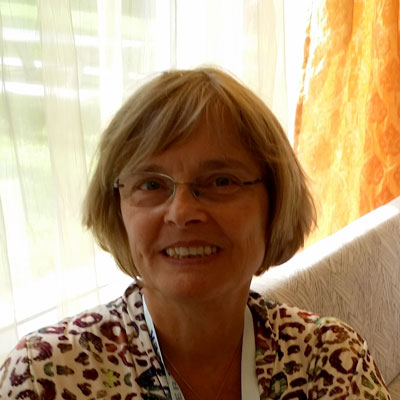
Alice Bouman
Women for Water Partnership (WfWP)
"We have moved from technical water management to more participatory and inclusive water governance. Partnerships are on the rise and there is increasing recognition that active engagement of women decreases irresponsible water use and pollution, prevents corruption and conflicts, and increases water efficiency and the sustainability of interventions."
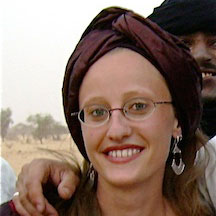
Ariane Alzhara Kirtley
Founder and Director, Amman Imman: Water is Life
"Inequitable access to plentiful quantities of quality water across the globe has grown rather than diminished over the past ten years. The world’s wealthiest nations -- dotted with sophisticated infrastructure and technologies – tap deeper and deeper into the hardest reached water reserves in order to provide a seemingly overabundant stock of water to their populations. The world’s poorest nations – with limited technology and resources – continue to struggle to counter the devastating consequences of severe climate shifts and other environmental factors, extreme poverty, overpopulation, and fragile."
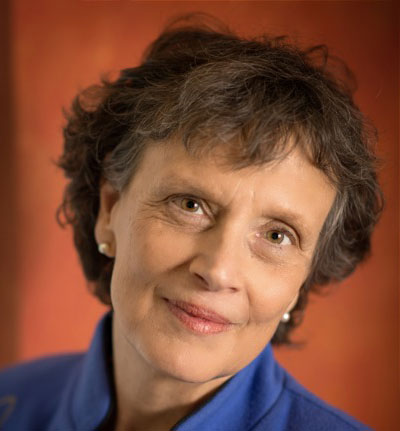
Carolyn Meub
Executive Director, Pure Water for the World
"We have learned much over the past decade. What's very exciting is that the technology exists today to deliver safe water solutions to people across our planet. We no longer need to focus on the technology of making safe water accessible. Rather the focus is shifting to sustainability."
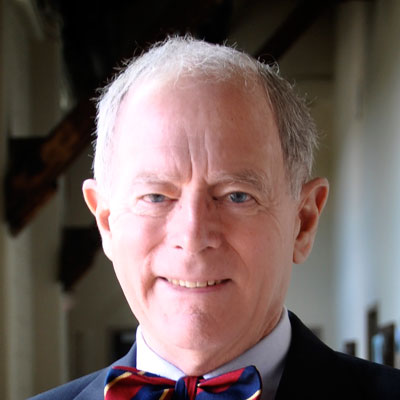
George C. Greene III
Ph.D. PE Chief Executive Officer, Co-Founder Water Missions International
"In the water sector there has been a clear shift in focus from output-based programs such as drilling wells, to programs that aim for sustainable water and sanitation solutions that provide measurable impacts. Included in this shift is a greater interest first, in collaboration across different stakeholder groups and second in financial transparency and accountability around how funds are spent."

Lifeng Li
Worldwide Fund for Nature (WWF)
"In the last 3 or 4 years, clearly the awareness about water and the connections with other things has been better understood. It’s not just rivers and lakes but also water and food, energy and many other issues. To me I think this has been a very positive change. Even a few years ago, discussion of water and ecosystems and sustainability was very little. Recognition of how the private sector can be part of this is new."
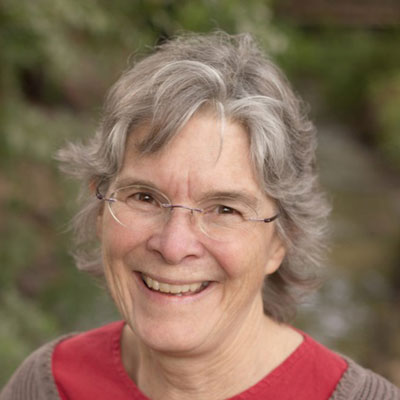
Lori Pottinger
International Rivers
"In the last 10 years, the health of the world's rivers has deteriorated, as damming has fragmented them, pollution has sickened them and diversions of their waters have drained them. Today, about 60% of the world's major rivers have been dammed, and many more dams are planned for the world's great rivers. While we know that large dams can have a huge impact on water quality and quantity, as well as on ecosystems that support healthy watershed functioning, we continue to abuse these lifelines. The latest development is a dam industry that is energized by the hope that they can sell their dams as a solution to climate change. The reality is that large dams can actually be major contributors of greenhouse gases, and are in fact at great risk from climate change as increased floods and droughts can both impact their functionality."
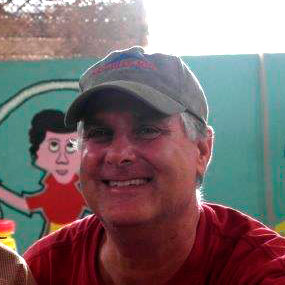
Mark Hreljac
Project Manager, Ryan’s Well
"From our perspective, as a small organization, there’s been more of a coming together of those doing similar work [over the Decade]. And there’s momentum now in sustainability and capacity building. It was there before, but more are now buying in."
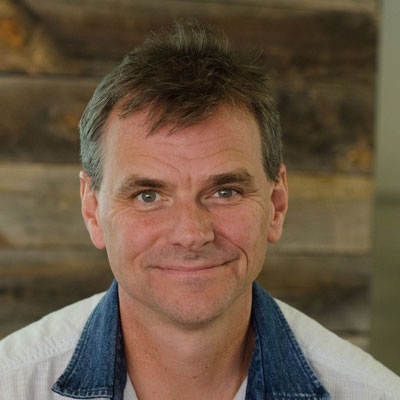
Ned Breslin
CEO, Water For People
"There is clearly a desire to change direction within the water sector, as evidence of project failure has become impossible to ignore given the explosion of geo-located data (a great change in the water sector these past 10 years). There is the start of evidence of change from projects to services and a growing emphasis on longer-term support but the behaviour change needed from governments, donors and NGOs is still some time away. The rhetoric has been shifting in the right direction for the past 10 years – on everything from monitoring to service delivery to scale – and actions that match this rhetoric should follow soon."

Teun Bastemeijer
Water Integrity
"In the last 10 years there has been continuous population increases, continuous land degradation in many places in the world. The change for the better is not necessarily in behavior; for example there’s been no change in conception rates, there are still cultures where there is one man and many women [in a marriage], and scarcity of resources (real or perceived) often creates a rush towards grabbing the remaining land and water resources. This results in a combination of high rates of population growth in combination with extreme poverty and lack of land and water resources. So we have recurrent humanitarian crisis situations in many places."
NOTE: Click on the names to read full testimonies.
>> Intro
>> Progress
>> Pride
>> Hope
>> Your Voice
>> End
>> Full Exhibition
>> Ecosystems
>> Empowering communities
>> Food security
>> Gender and water
>> Groundwater
>> Hygiene
>> Open defecation
>> Participation
>> Sustainable development
>> Water and culture
>> Water and disasters
>> Water and energy
>> Water and health
>> Water for cities
>> Water efficiency
>> Water quality
>> Water scarcity
>> Voices of experts
>> Voices from business
>> Voices from the civil society
>> Voices from the field: case studies
>> Africa
>> Asia and the Pacific
>> Europe
>> Latin America and the Caribbean
>> Middle East
>> Oceania
>> Decade’s achievements. From MDGs to SDGs
>> Five years of UN-Water "Water for Life"
Awards 2011-2015
>> Water for Life Voices
Copyright | Terms of use | Privacy notice | Site Index | Fraud alert | Help




